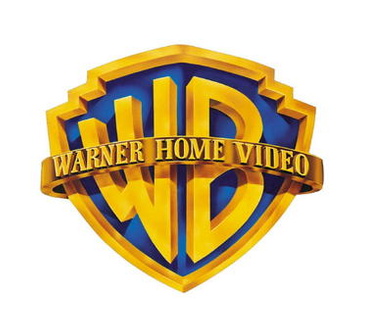 A bombshell has dropped in the ongoing saga of cyberlocker Hotfile versus Warner Bros.
A bombshell has dropped in the ongoing saga of cyberlocker Hotfile versus Warner Bros.
One employee specifically deleted Open Source download accelerators (it is unclear which one) and that other false takedowns were the result of filtering software gone rogue, says TF.
After being sued earlier this year, the cyberlocker Hotfile countered-sued Warner Bros., for fraud and abuse.
In its complaint, the company originally said:
Not only has Warner (along with four other major motion picture studios) filed this unfounded and contrived litigation against Hotfile employing overly aggressive tactics, Warner has made repeated, reckless and irresponsible misrepresentations to Hotfile falsely claiming to own copyrights in material from Hotfile.com.
This week, Warner admitted that it had taken down files based merely on keywords without verifying the actual files were infringing copyright:
Warner further admits that, given the volume and pace of new infringements on Hotfile, Warner could not practically download and view the contents of each file prior to requesting that it be taken down through use of the SRA (anti-piracy) tool.
Warner admits that its records indicate that URLs containing the phrases 'The Box That Changed Britain' and 'Cancer Step Outsider of the Box' were requested for takedown through use of the SRA tool.
The references relate to Warner's search for the 2009 film "The Box," starring Cameron Diaz.













